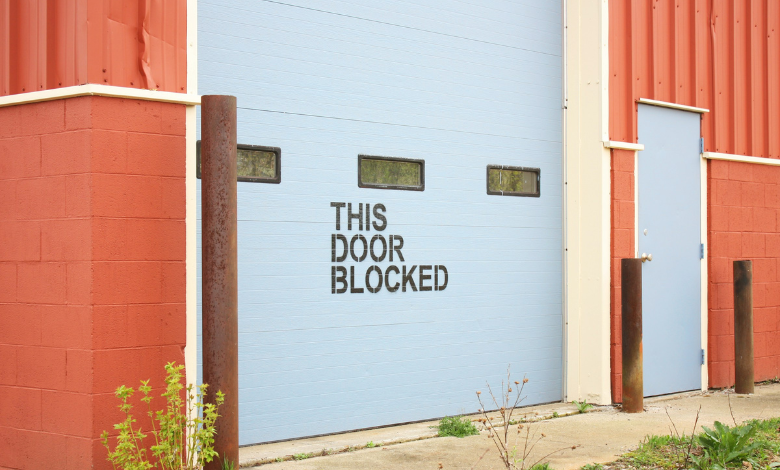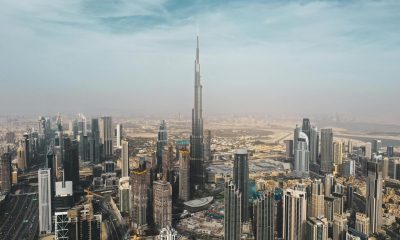The United Arab Emirates (UAE) is well recognized for being one of the countries with some of the severest methods of filtering the Internet. I find these regulations to serve an important social purpose of preserving Islamic values, preserving social order and suppressing undesirable information. It is for this reason that majority of websites in the country fall in the various categories are restricted.
The following article examines the list of web sites that are banned in UAE, grouped by the type, and the motives behind it. Finally, we will have a look at how strictly the UAE empowers these restrictions and further the section regarding the influence of such censorship on the population and companies. Knowledge in these policies will be vital to every person residing or even planning a visit to the UAE.
Understanding why the UAE blocks websites is better accomplished through an analysis of the government’s motivation and % of citizens’ positive response to it.
The UAE blocks websites for several reasons:
- To further introduce a model that would counter other models that threaten Islamic value and culture.
- For people not to see what is considered obscene
- To avoid people’s criticism of the government
- To prevent material that is prohibited by UAE laws
Categories of Blocked Websites
Social Media
Some social media sites are blocked or partially blocked:
- Facebook
- Twitter
- Instagram
Reason: To control inappropriate content and stop people from sharing negative opinions about the government.
Voice and Video Calling Apps
Many calling apps are blocked:
- Skype
- WhatsApp calls
- FaceTime
Reason: To protect local phone companies’ profits and control communication.
News Websites
Some international news sites are blocked:
- The New York Times
- The Guardian
- BBC News
Reason: These sites sometimes criticize UAE policies or discuss sensitive topics.
Adult Content Websites
All pornographic websites are blocked, including:
Reason: To uphold conservative values and morality.
Gambling Websites
Online gambling sites are blocked:
- Online casinos
- Sports betting websites
Reason: Gambling is illegal in the UAE.
File-Sharing Websites
Many torrent and file-sharing sites are blocked:
- The Pirate Bay
- RARBG
- BitTorrent
Reason: To prevent illegal downloading and protect copyrights.
How Does UAE Enforce Internet Censorship?
The Telecommunications and Digital Government Regulatory Authority (TDRA) is the main Internet censoring body in the UAE. Some of them announce to internet service providers which websites namely Etisalat and Du are to blacklist. The TDRA has some prohibitions on what is not allowed to be broadcast on television. This includes anything that:
- Goes against Islam
- Threatens public safety
- Promotes illegal activities
- Criticizes the UAE government
Effects of Internet Censorship
The strict internet rules in the UAE have both good and bad effects:
Good effects:
- Protects conservative values
- Reduces access to illegal content
- Maintains political stability
Bad effects:
- Limits freedom of information
- Makes it harder for people to communicate
- Can cause problems for businesses that need blocked services
The UAE particularly has stringent levels of censorship regarding the internet to shield its values as well as laws. Although this assists in reducing unruly behaviors and keeping society dignified, it at the same time puts restraints on what people can view on the Internet. The role of the Internet in people’s lives increases day by day, and the UAE may face the issue of maintaining its values while providing people with access to information and resources.






















